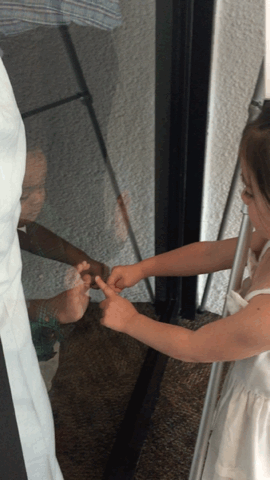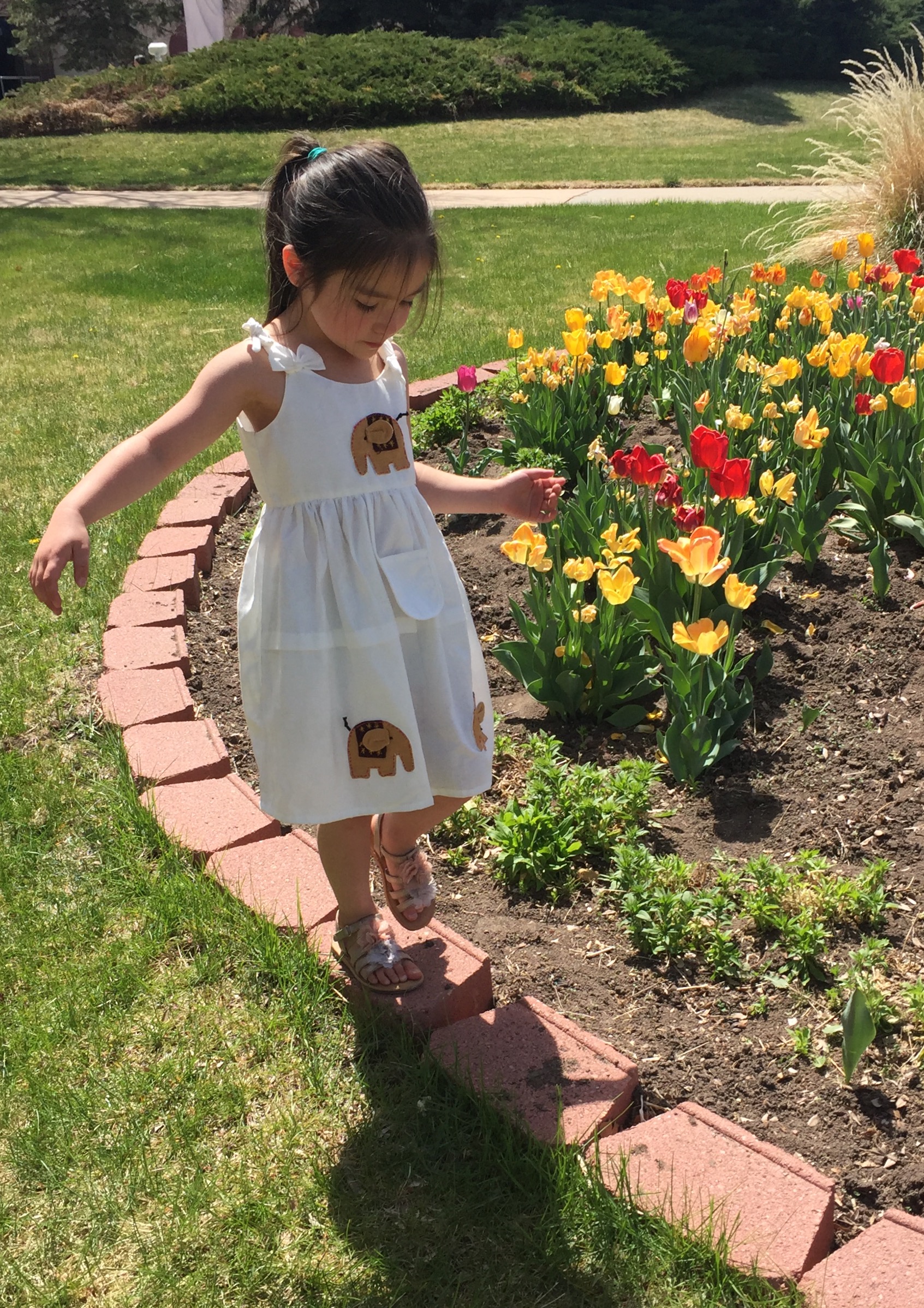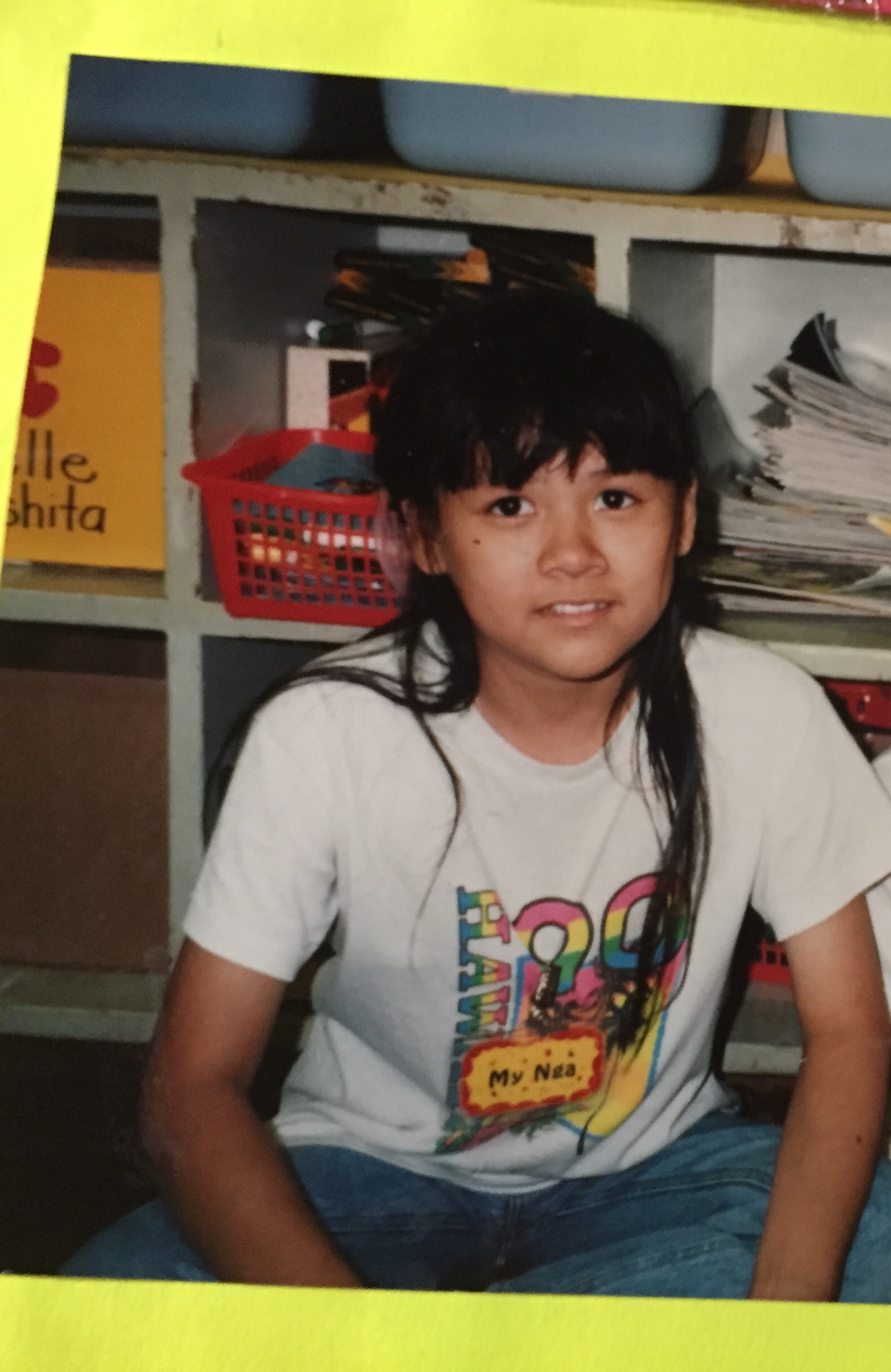Thoughts
We all can look at the same moon and stars and see something very different. These are my thoughts on certain issues that have personally touched me. Sharing is caring.
Racism and Bullying
When I was younger, I was bullied and taunted by many different ethnic groups even my own due to how I look, how I speak, how I write, the car I drive (not made in the USA). I did not understand racism or bullying until I was in middle school. Helping my parents out at their nail shop in Detroit, remembering how customers would bring race into the conversation to demean us, “Go back to your country,” “We put rice in your bowl,” I would hear. Even as I walk down the street in a middle-class suburb, I get yelled at “Ching Chong Ching.” Each time these incidents occur it was not one particular racial group or gender which baffled me. It made me conclude that bullying and racism somehow empower others.
With the internet and social media, it is easier for people to bully others without any consequences or remorse. The internet is one of the most powerful mediums we have, yet like anything so powerful, it can do great harm by those who abuse it. It is a place where people with similar views gather and condone each other’s actions and opinions in private, picking verbal fights with random strangers. The internet allows us to live more in a bubble.
We all have prejudices on the internet. Judging others on how they look, how they write, how they live their life. Sometimes I hear and read things such as, ‘this person’s grammar and spelling are awful they obviously uneducated or a foreigner?’ somehow we forget to empathize that there is a human being on the other side of the screen.
Although I was able to get two degrees, I understand education is geographically bias in the US. When I attended undergrad, I remember telling my youngest sister how I felt my education background has given me a disadvantage compared to others in my major. Race and socioeconomics do contribute to Education Inequality.
My grammar is not great, my spelling could be wrong, I could have typos, and I am sure those who type blogs and comments also know this. Pointing it out and belittling others for how they write to win a point is invalid. A degree, an education, does not make anyone more intelligent than anyone else. A degree does not make us better human beings if we do not learn to be compassionate with our words.
An unspoken hierarchy of superiority with race, gender, education and socioeconomic status are the silent prejudices that have plagued our society for generations. It has always been there, and with the internet, more prominent and pronounced than ever.


"No one is born hating another person because of the color of his skin, or his background, or his religon. People must learn to hate, and if they can learn to hate, they can be taught to love, for love comes more naturally to the human heart than it's opposite"
-Nelson Mandela
Immigration
Every immigrant has a story. Why they came to America and the journey it took them to get here. My mom, the woman who I am so proud of, this is her story.
My parents lived in a small fishing village by the sea outside of the city of Hue. During the Vietnam war, their community became a war zone with bombs dropping from the sky. Their homes did not have basements, so people dug an underground tunnel for shelter. My grandma and my mom would hide with others as bombs fell. She often looked through the hole in the tunnel and saw American Helicopters. Too scared to come out as they might get mistaken as Viet Cong and get shot. When the bombing stopped, the other villagers would yell it’s okay to get out of the cave, but every time the attack starts again she and the villagers would run back into the tunnel. By the time the war had ended the village was in ruins. Opportunities were scarce, no form of an education system, no actual economy. Due to this, many villagers would often try to escape to Hong Kong then to America as refugees. She said it was scary because guards sometimes would shoot people.
My father decided to flee to America first, leaving behind my mother and two older siblings. She tried to escape too but would get caught by the guards. Desperate to be in America, my mom convinced her brother to help her flee. My uncle gathered money from several people to rent a boat, as anyone who contributes money can leave together. They sneaked out into the sea praying they won’t get caught. With nothing on them but the pair of clothing they had on and some bags of rice grains. The journey was hard with winds and unexpected storms. My mother grabbed onto my siblings who were six and four at the time and prayed. The storm passed, but then they ran out of gas. She sat there eating wet rice grain, scared they won't make it. As they approach an island, a man filled up their gas and gave them some hot congee to eat. They could not communicate with him, the only word they knew was “Hong Kong,” the man put up three fingers when they said "Hong Kong." Everyone smiled, knowing three fingers meant three hours away from being refugees and a step closer to coming to America.
Once they arrived at the refugee center, they each got two pairs of donated clothing. Volunteers at the center would translate and help her with the application process. She sent a letter to my father, to work with the refugee immigration services in the states. They ran into a few delays with communication of offices; she blames him for not paying attention. When my mom finally got her interview to come to America, the interviewer asked her why she put my brother, sister, and dad’s last name as Hoang, when his legal last name in America is Huynh? She remembered responding, “Huynh and Hoang are interchangeable in our village,” it was the truth, and she can only hope they would believe her. Thankfully, they accepted her answer, she reunited with my father, and a year later I was born.

" Hey mama, I want to scream so loud for you. Cause I'm so proud of you"
- Kanye West
Poverty
My family and I have lived in poverty most of my younger childhood. There is this one song that I often go back and listen to from Kanye West titled “Family Business.” One line of the lyrics resonated with me “Fit three in the bed while six of y'all.” I come from a family of nine, most of my childhood we had only three bedrooms. There were five girls, so my sister and I would share two bed adjacent to each other in one of the bedrooms. I did not question why I would wear a t-shirt that says 1990 when the year was 1993; I was just happy to have a new shirt. That my mom would go back to school shopping at flea markets buying new t-shirts that were a few years older to save money.
When I was a little girl and teenager my mom often would tell the story of my birth, how it landed on lunar new years and how it was the most difficult time of her life. We had very little income and no savings she would say. With a newborn in a new country with no rent money, it was a terrifying time for my mom. She just did not know what to do. She had to start asking people to borrow money for rent. How my parents lived with so many hardships still impresses me. The word 'poverty' would not be a word I use to describe my childhood until I look back at how we lived.
Poverty is not an easy issue to solve by just saying everyone should have universal basic income. Communities in America are not created equal. Housing/real estate is an indirect example of income and race segregation which in turn causes education inequality. My parents came to America in their late twenties not knowing English and no formal education, but they knew that education would be the only way I could have a better life than them. American Scholar wrote an article I love about education, "The Virtue of an Educated Voter. " Poverty is a multifaceted issue, universal basic income and education are only partial solutions. Poverty is not a single variable problem where Poverty = low income and the quick fix is money. Poverty is a multivariable polynomial problem.
What good is money if one cannot find shelter (in the US those who have section 8 vouchers most of the time cannot get places that will accept them), the problem is deeper than money. Donations are kind gestures but giving without thinking about the economic and social consequences are our flaw. We solve the immediate problem, put a bandage over a scab that obviously is not healing properly. Human beings are great we give and help when there is a crisis we see, but when the storm passes after a few weeks those people are forgotten, it’s public relations 101. Out of sight out of mind. This phenomenon happens every single time there is a disaster, a cycle that we feed into but have not learn from to make it better. Can we build a better system? I feel we can.
